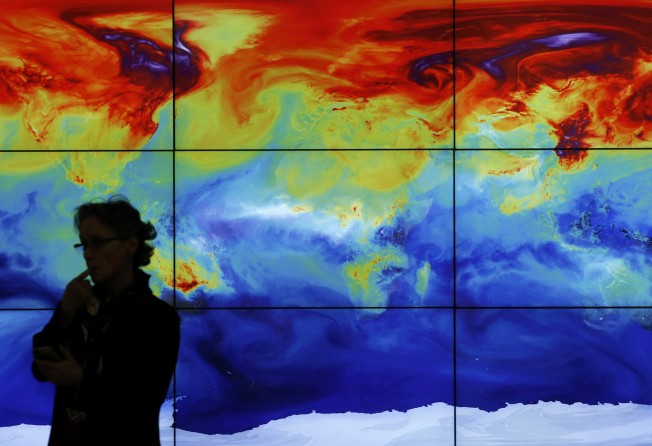Climate models are imperfect tools, but they can’t be ignored

After the United Nations climate change conference in Paris, it is appropriate to take aim at both sides of the “climate change” argument for not understanding the mathematical modelling that helps scientists make judgements. This misunderstanding causes both sides to make absurd comments in support of their case that mathematical models never could – and never will – be able to support.
Climate computer models are conceptually similar to the models that actuaries use to simulate future mortality rates. What these computer models do is take data that we already have and build what are called “model points”, to replicate reality by massively simplifying it into small homogeneous groups. They then use these model points under various simulations to come up with a range of possible future outcomes.
The one thing that no model can do is predict anything – they can only give a range of possible outcomes. A climate model can no more “predict” what will happen to the weather in Hong Kong than an insurance model can tell you the date of the death of Mrs Smith of 23 Acacia Avenue.
It is as absurd for an environmentalist to claim that climate models are “right” because of one heatwave as it is for the other side to say they are “wrong” because one ice sheet is growing – both fundamentally misunderstand how models are made and how they should be used. As computer power increases, and as more and more data become available, climate models will become even more sophisticated than they already are, but they will never “predict” anything.
Sceptics are right when they say that all computer models are only as good as the assumptions you feed into them, and that scientists, like actuaries and doctors, are guilty of herd-like behaviour. It is therefore right, and essential, that the orthodoxy of the day is continually challenged. But we have no other choice than to use the models that we currently have to help as many people as possible make independent judgments about what might happen.
And this is where I get off the fence. The proportion of models that simulate some kind of environmental catastrophe far outweighs those that don’t, so it would be foolish of policymakers to ignore this fact, and even more foolish to wait until we have the computer power to make models so sophisticated that they have a much higher degree of certainty than they currently do – by which time it will probably be too late.
Lee Faulkner, Lamma